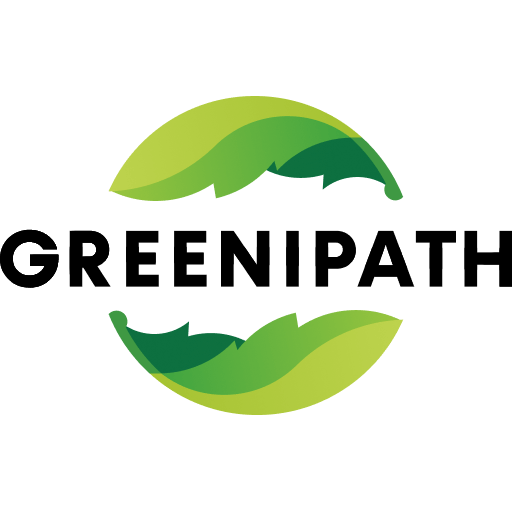-
Icon List Item
-
Icon List Item
-
Icon List Item
- Pakistan
Project Snapshot
Real Climate Action Improving Real Live
2,1 Mio. tons
CO2 Reduction per year
350.000 hectare
Mangroves protected and restored
42.000 locals
Receive improved drinking water, healthcare and educational facilities
Verified. Trusted. Backed by the UN.
To ensure that every credit protects the planet, this project is certified by Verra’s Verified Carbon Standard, one of the world’s leading carbon registries, recognized by the United Nations.
Impact Beyond Sustainability
This project goes further than sustainability and also supports the following Sustainable Developement Goals:
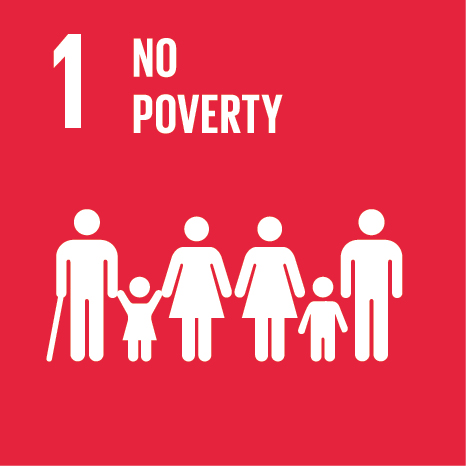
Aims to end poverty in all its forms everywhere.
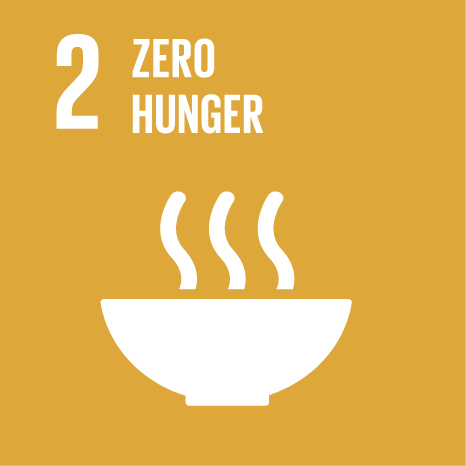
Seeks to end hunger and promote sustainable agriculture.
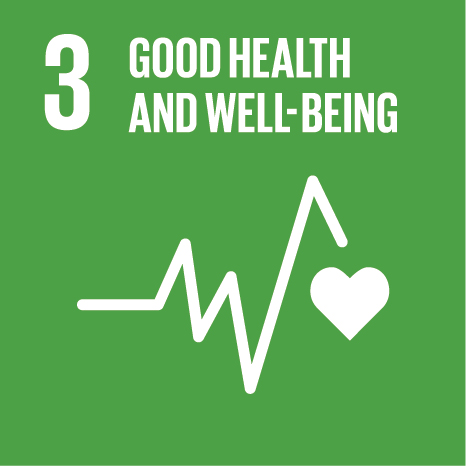
Ensures healthy lives and well-being for all ages.
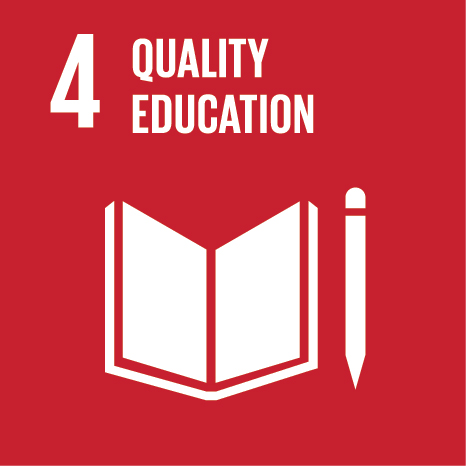
Provides inclusive and quality education for everyone.
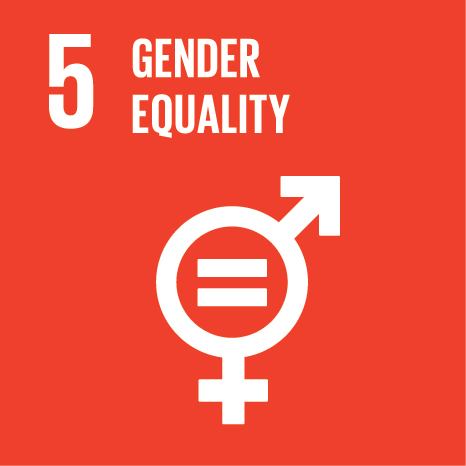
Empowers women and girls and promotes equality.
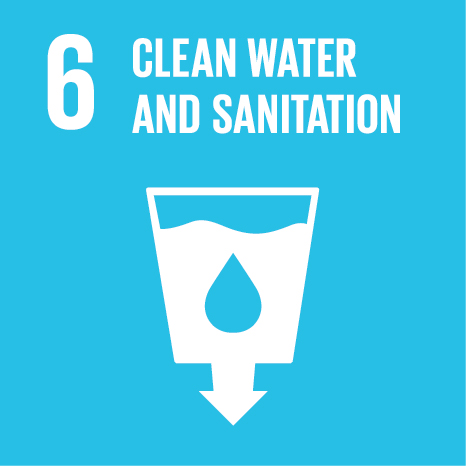
Ensures clean water and sanitation for all.
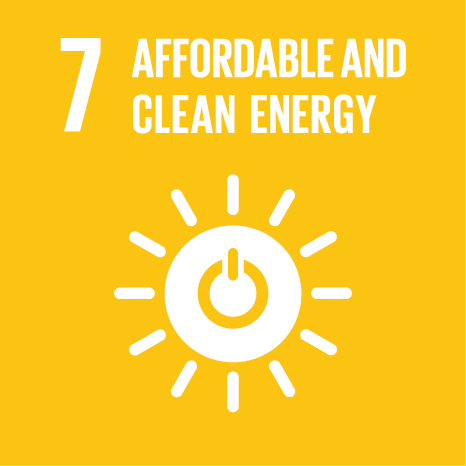
Provides access to sustainable and modern energy.
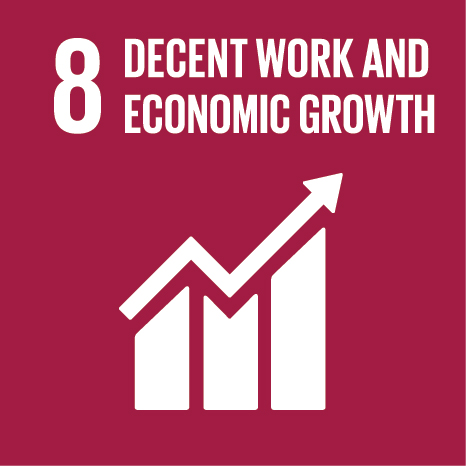
Creates jobs and drives sustainable economic growth.
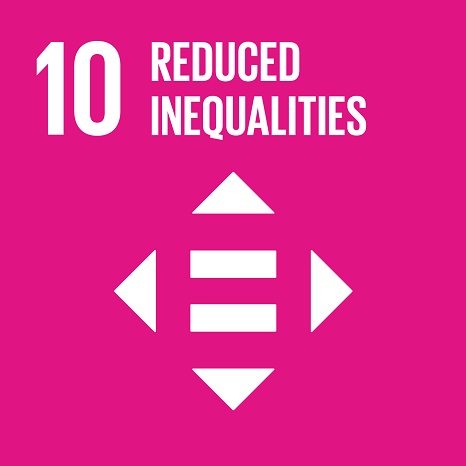
Works to reduce inequality within and among countries.
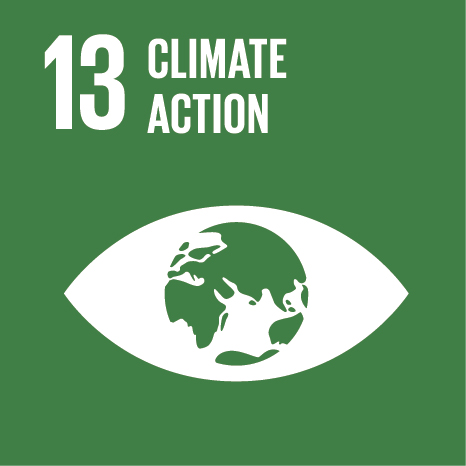
Combats climate change and its effects.
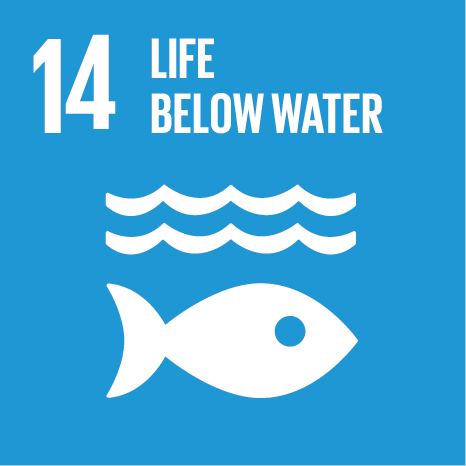
Protects and sustainably uses oceans and marine resources.
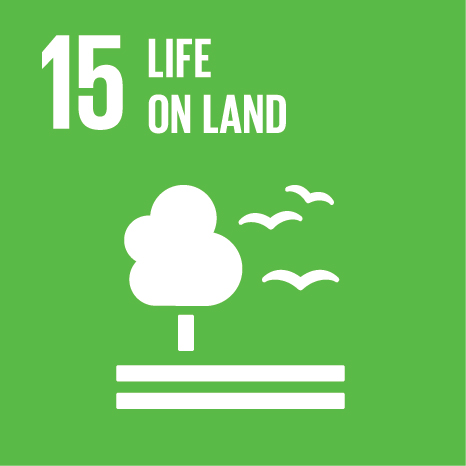
Safeguards ecosystems, forests, and biodiversity.
A coastline on the edge
For centuries, the mangroves of Pakistan’s Indus delta sheltered fishing villages, buffered storms, and gave migratory birds a home. But relentless deforestation, overharvesting, and coastal erosion pushed this ecosystem to the brink. By 2000, only about 5% of the delta’s original mangrove cover remained.
The consequences were severe. Shrimp and fish populations collapsed, freshwater became scarce, and more than 70% of local families lived below the poverty line. Without mangroves, the coastline, already one of the world’s most climate-vulnerable regions, lost its natural defense against sea-level rise and cyclones. Entire communities risked being submerged, and a unique ecosystem faced extinction.
Turning the tide with blue carbon
Launched in February 2015, Delta Blue Carbon (DBC) is a 60-year public-private partnership between Indus Delta Capital and the Government of Sindh. It is now the world’s largest mangrove restoration programme.
The project covers approximately 350,000 hectares, protecting 102,000 hectares of intact mangroves while replanting and rehabilitating another 226,000 hectares of degraded tidal lands. Using a combination of assisted natural regeneration and active planting, DBC restores ecosystems and generates high-integrity blue-carbon credits.
The project is registered under the Verra Verified Carbon Standard (VCS) and the Climate, Community & Biodiversity Standards (CCBS). Digital monitoring ensures transparent reporting of progress and impact.
Measured progress with wide impact
Climate benefits
Over its 60-year lifetime, DBC is expected to remove 127–142 million tonnes of CO₂e. Independent estimates converge around this figure, with Verra, Ecologi and Trafigura all reporting totals within this range. As of 2025, about 4.04 million credits have been issued, and the project aims to deliver more than 250 million high-quality carbon credits by 2075.
Ecological revival
By the end of 2020, more than 75,000 hectares of mangroves and tidal wetlands had already been restored. As of 2024, 86,409 hectares of degraded land had been replanted, with tens of millions of seedlings establishing new forest cover. These mangroves provide habitat for 11 globally threatened species, including the Indus River dolphin, the Indian Ocean humpback dolphin and the Indian pangolin. Shrimp and fish populations are rebounding, showing the ecosystem’s resilience when given a chance to recover.
Communities and livelihoods
The project supports 60 villages, home to approximately 42,000 people, and will ultimately benefit around 49,000 individuals. Hundreds of jobs have already been created, with projections of about 21,000 full-time roles across the project’s lifetime. Local people, once dependent on cutting mangroves for fuel, are now employed in reforestation, monitoring, and sustainable livelihoods such as crab farming and forestry. Families also gain access to clean drinking water, healthcare, and improved education facilities.
Resilience and protection
Mangrove forests are nature’s storm barriers. By restoring them, DBC strengthens coastal resilience against floods, cyclones, and erosion. This protection, combined with new income streams and infrastructure, allows vulnerable families to thrive without degrading their environment.
Join this movement
Delta Blue Carbon is already reshaping Pakistan’s Indus delta, but the work is far from finished. Planting, protection and community engagement must continue to reach the full 350,000-hectare vision.
As an individual: your support helps restore mangroves, protect wildlife and improve lives in vulnerable coastal villages.
As a business: by backing DBC, you gain access to Verra-certified blue-carbon credits while advancing measurable climate, community and biodiversity co-benefits.
With Puriphy, every action secures coastal resilience, empowers local people and delivers verified climate solutions.
How you can help
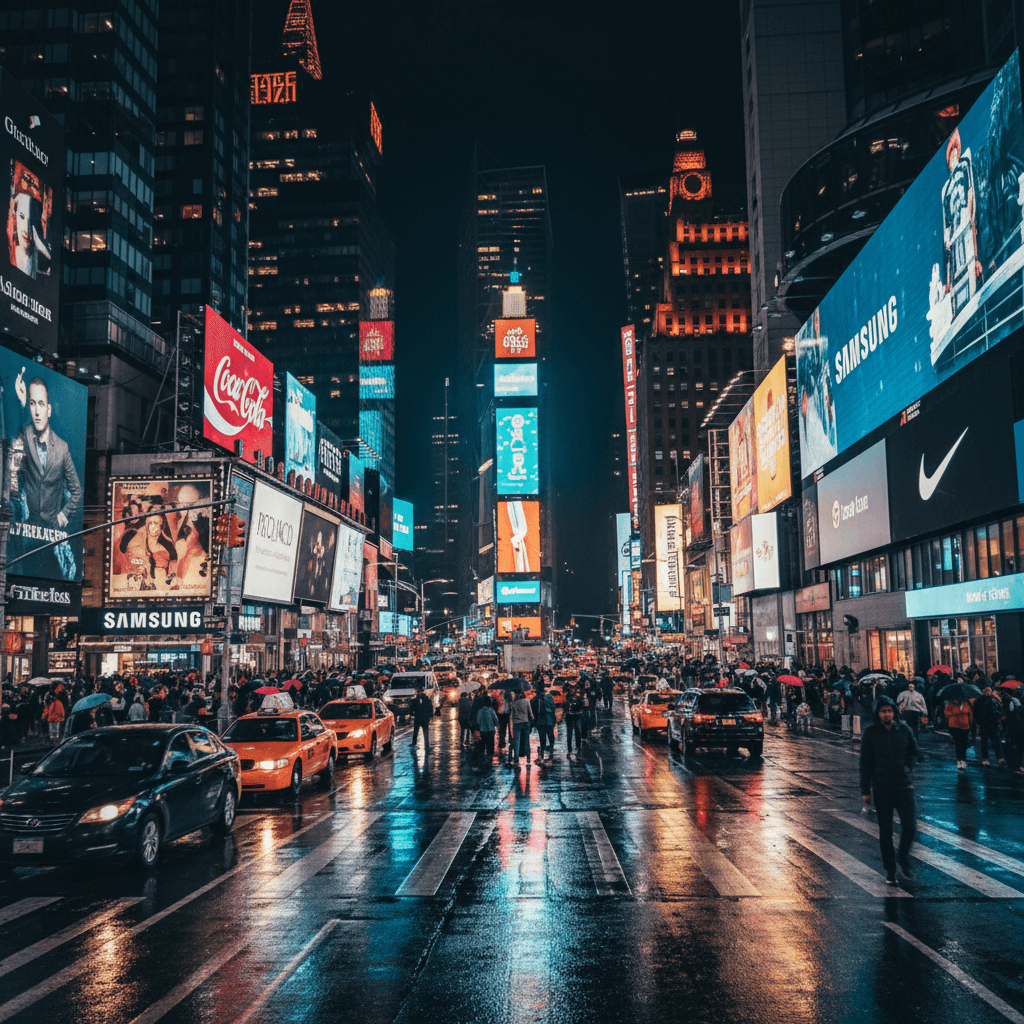
For Brands
Support projects like this by implementing the Puriphy Widget
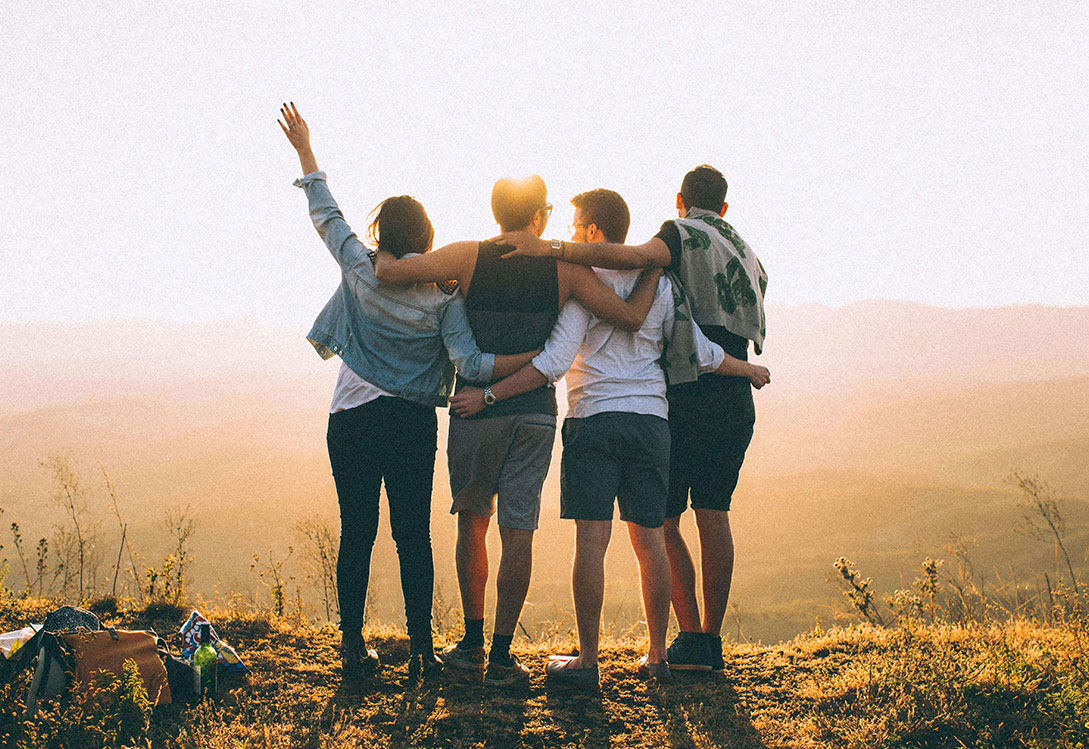
For People
Start funding projects like this one with Puriphy
Want to dive deeper into this Project?
Project timeline and certification
– Duration: 60 years (2015–2075)
– Area: ≈350,000 hectares in the Indus delta
– Current status: 102,000 ha protected, 226,000 ha under restoration
– Standards: Verra VCS (VM0033 methodology), Climate, Community & Biodiversity Standards (CCBS)
– Monitoring: Digital MRV (monitoring, reporting and verification)
– Carbon removal: 127–142 million tCO₂e expected over 60 years
– Credits issued: ≈4.04 million as of 2025; >250 million expected over project lifetime
Supporting global goals
Delta Blue Carbon contributes to a broad range of UN Sustainable Development Goals:
– SDG 1 – No Poverty: job creation for thousands of local families.
– SDG 2 – Zero Hunger: restored fisheries and food security.
– SDG 3 – Good Health & Well-being: clean water, healthcare and reduced vulnerability.
– SDG 4 – Quality Education: investment in schools and training.
– SDG 5 – Gender Equality: women’s involvement in stewardship committees.
– SDG 6 – Clean Water & Sanitation: improved access to safe drinking water.
– SDG 7 – Affordable & Clean Energy: reduced pressure on mangroves for fuelwood.
– SDG 8 – Decent Work & Economic Growth: projected 21,000 jobs.
– SDG 10 – Reduced Inequalities: empowering marginalised coastal communities.
– SDG 13 – Climate Action: up to 142 million tCO₂e removed.
– SDG 14 – Life Below Water: healthier fisheries and marine biodiversity.
– SDG 15 – Life on Land: mangrove restoration and species protection.
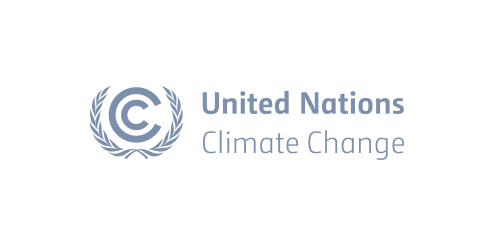
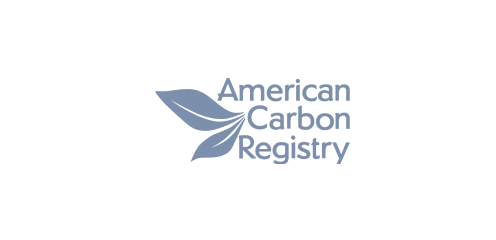
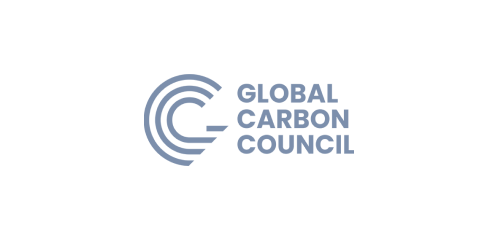
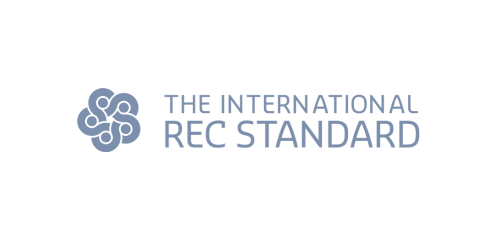
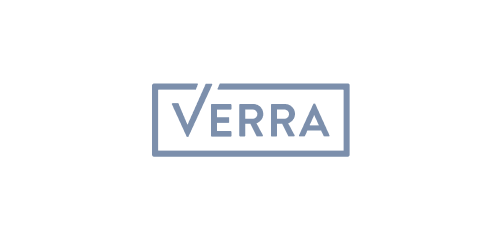
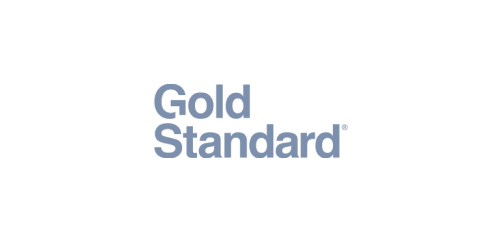
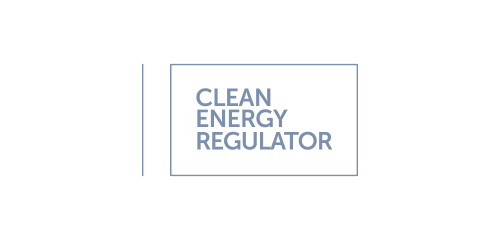
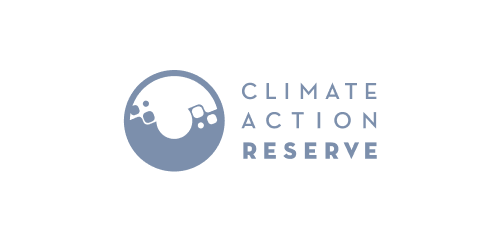








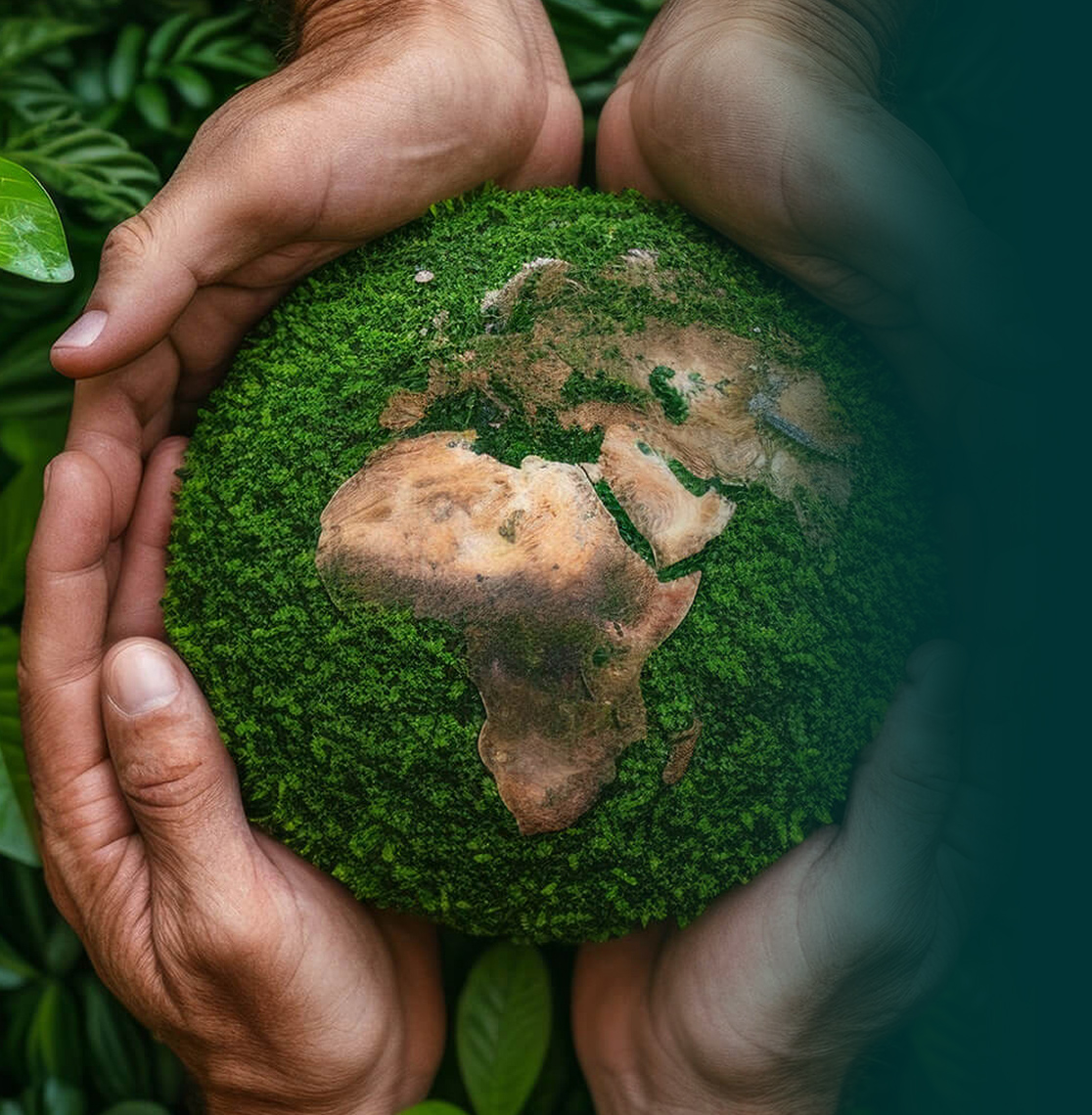
Be an Early Partner and Enjoy Lifetime Benefits
Join now and secure free access to our platform forever. Early partners get lifetime collaboration at zero cost, priority support, and exclusive access to new features as we grow together.

